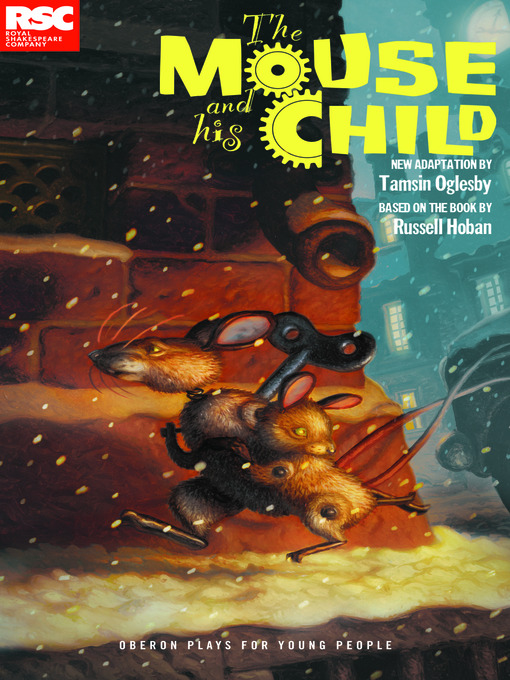



The challenges of self-creation are met by Hoban's protagonist with verve, dignity, and determination: the mouse-child's progress is something like a pilgrimage. It is a time when the child is beginning to create a self, a me, and to find a place in the world into which (willy-nilly) she or he was so abruptly born. Hoban's book is not an easy read nor is childhood an easy time as Hoban remembers and reimagines it. 3 It is in these details that the book's careful reworking of the theme of childhood develops much of its argumentative power and generates the conditions in which a radical rethinking of the idea of an innocent child can be undertaken.

Interpreted in this way some of the apparent difficulties in the book, such as Hoban's allusions to existential philosophy and modernist writing, as well as his use of narrative repetition, are demystified. 2 However, Hoban's text, rather than affirming familiar ideas, in fact reevaluates the status of children and childhood, rejecting ideas of wholeness and innocence in favor of struggle and empowerment. Its theme, a child's longing for a home and family, is familiar enough, while its happy outcome echoes any number of stories in which an inventive and persistent youngster succeeds where adults have given up or have already failed. Russell Hoban's Mouse and His Child appears apt for such a reading. When criticism finds child protagonists to be the site of "hope" or "deep feelings," or when an interpretation credits a child with the ability to reshape or revitalize his or her world simply because he or she is a child, then we are almost certainly in the presence of idealized innocence. This idealization, which reaches back at least as far as Rousseau, still animates certain contemporary ideas of the child and provides a subtext both for fiction written for children and for criticism of that fiction. Such a longing often finds expression in an idealization of the child and of childhood itself. The longing for a past of innocence and wholeness haunts many a narrative, not least those that find themselves, either by design or accident, ranked among books for children.


 0 kommentar(er)
0 kommentar(er)
